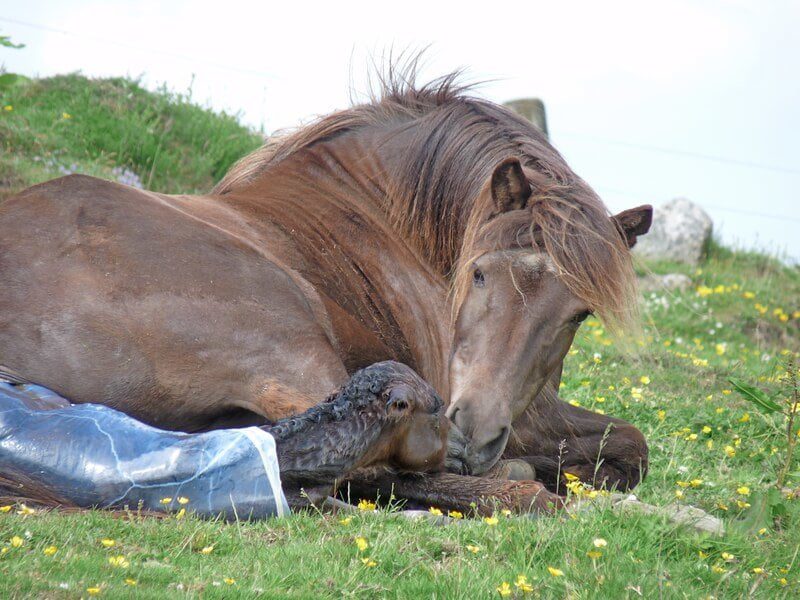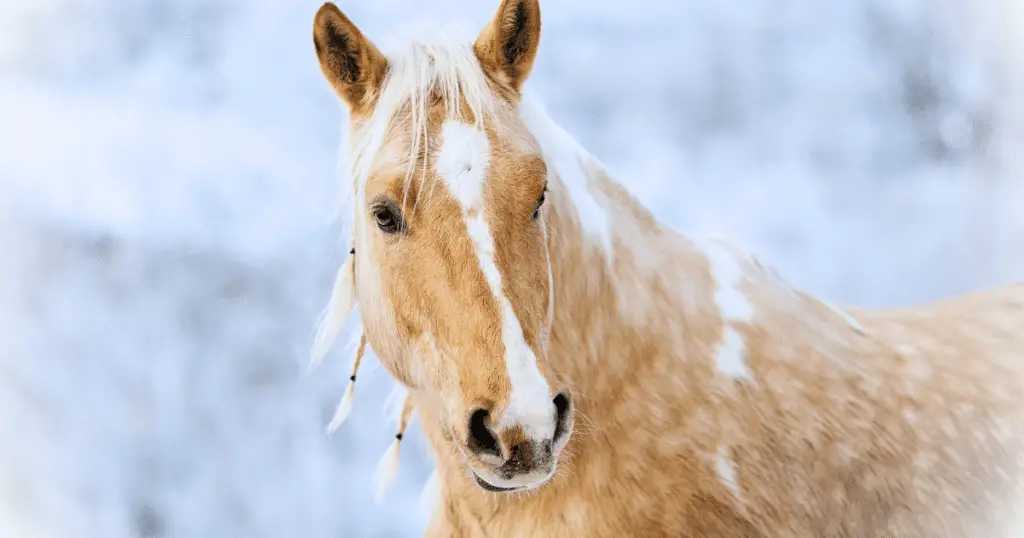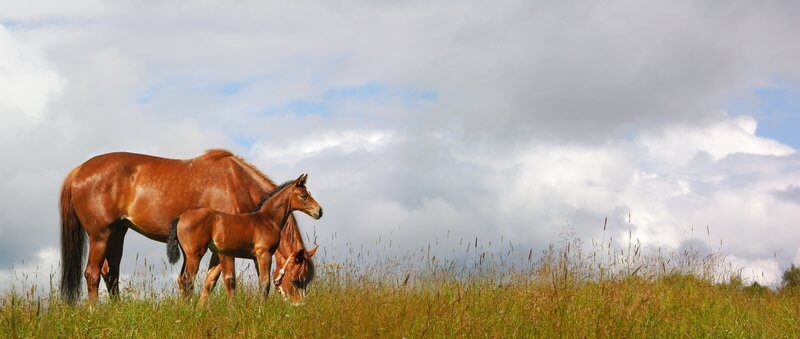
It’s an exciting time as your newborn foal arrives. However, the first days are critical for your foal’s health and development. In this article, we list the steps every proud new foal owner must take for a positive start at life.
Umbilical Cord
You’ve patiently watched your mare deliver her foal. The birth has been textbook and your foal is now on the ground. The first step is to watch the umbilical cord break when your mare stands. If this doesn’t happen, you’ll need to intervene.
The umbilical cord can only be broken when blood is no longer flowing. Once the pulsation stops, grasp the umbilical on both sides of the narrowed section near your foal’s abdomen and pull. The umbilical cord should separate easily. If not, call your veterinarian for help.
Ensure you treat the stump with iodine to prevent infection.
First Two Hours
Your foal should be standing within one hour of birth. If your foal is having difficulty standing, you can occasionally pick them up, and cradle their chest and rump. If your foal cannot stand on its own within two hours, your veterinarian must step in.
Likewise, if your foal hasn’t nursed within two hours of birth, you will need to act quickly to ensure they receive colostrum for passive immunity. Call your veterinarian urgently if your foal isn’t nursing or if your mare is refusing to let them drink.
Urination should occur soon after the first drink. Your foal should also pass the meconium – their first faeces – which is usually firm, black to mustard in colour, and can be up to 50cm in length. If your foal is straining or there are no bowel movements within six hours, call your veterinarian.
First Two Days
Hopefully, following foaling, your mare and foal are happy and healthy. Both should be allowed to move freely within a paddock that’s safe from hazards. Carefully observe your foal over the coming days and weeks to ensure their health and behaviour are normal. Make sure your foal can urinate and defecate normally. Also pay attention to your mare for any abnormal vulval discharge.



